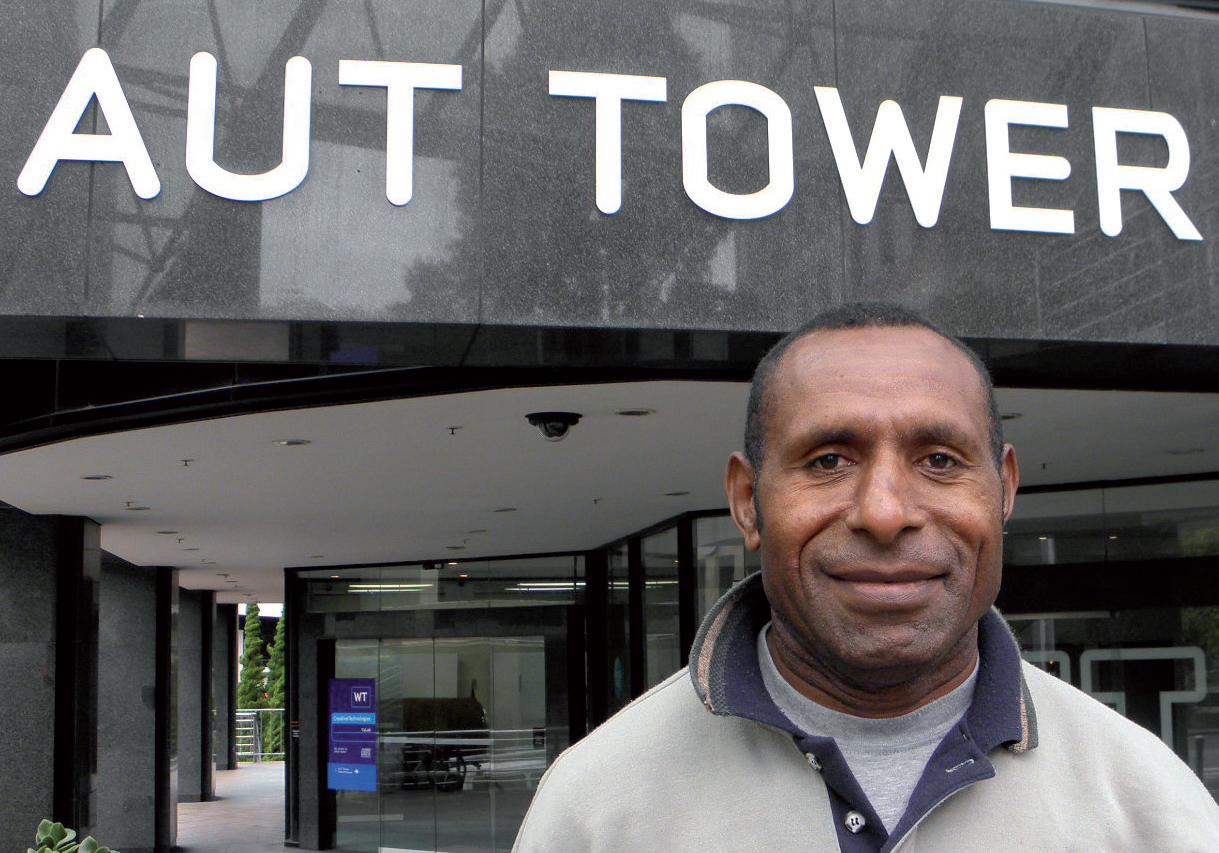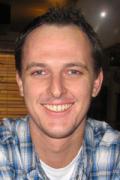
PROFILE: How was your life as a primary school teacher in the Southern Highlands Province of Papua New Guinea?
“Life as a teacher was quite interesting. In those days I was very young and energetic so I enjoyed going out into the rural areas to teach our young people. I saw that the work of a teacher was very important because we contributed towards the human resource development of our country. But the work itself in a country like Papua New Guinea is difficult as the territory is very rugged and you don’t fi nd many services in the rural areas. The only existing services that you may fi nd will be churches, schools and maybe an aid centre somewhere. Most often, these services are provided by the mainstream churches.”
What challenges did you face living in the rural pockets of Papua New Guinea?
“It was hard to get around. There were some places where vehicles hardly travel. But we have to get to those places because schools are there and there are people living there and they needed our service. That involved walking three to four hours from point A to B.”
Why did you decide to train as a journalist?
While teaching, I encountered the problems that the people were facing in the rural pockets of our country. My observation was that the government was not really providing what it was supposed to for the people, the services were lacking, and it was turning a blind eye to the needs of the people. As teachers, teaching in those remote areas, we were also facing the consequences of the lack of services. I was doing the same thing as the local people. If I was sick and there was no medication or aid post there, I had to walk to the nearest health facility. I was no different to the people, the consequences we faced were the same. This haunted me.
"Although I was contributing in terms of human development, what about the immediate term and the benefits the people were supposed to get and how would I contribute towards that. Things like better roads, having medicine in the aid posts, getting more teachers in the rural areas and things like that. I decided I would look at other ways of bringing the plight of rural people in those pockets out into the open so the government and all those responsible could see what was actually happening to those people. I thought journalism was a good way of doing that.
Does Papua New Guinea have a vibrant media?
We have a very vibrant media in Papua New Guinea. The people enjoy the media in our country. We have a very free and fair media unlike many other countries I’ve heard of. There’s no pressure as journalists are free to report without fear. Maybe self-censorship does apply in some cases but otherwise the media is free and vibrant.
Henry Yamo's PMC profile
This work is licensed under a Creative Commons Attribution-NonCommercial 3.0 New Zealand Licence.
FROM TEACHING TO JOURNALISM Henry Yamo, who is studying for a Masters in Communication Studies degree attached to the Pacific Media Centre at AUT University, left for his homeland in Papua New Guinea this week. He is researching the use of mobile telephones in the health sector with support from AusAID, School of Communication Studies and the Office of the Pro Vice-Chancellor (Research). Yamo spent nine years as a primary school teacher in the Southern Highlands Province of Papua New Guinea. The time he spent teaching in the rural pockets of his country exposed him to the hassles and inconveniences that the local people put up with on a daily basis due to a lack of basic infrastructure and services. He decided to become a journalist – a career which would enable him to tackle some of the immediate problems facing the country. He talks to Debate about life in Papua New Guinea.




